
Tingling Sensation In Your Body: Why Does It Happen
That Tingling Sensation in Your Body: What It Really Means
Have you ever felt a tingling sensation in your hands or legs—like tiny needles pricking your skin—especially after sitting or lying in the same position for too long? It might feel strange, even uncomfortable, but there's a scientific explanation behind it.
You know the feeling: you stand up after a long rest and suddenly your legs feel numb, tingly, or as if they're “waking up.” While it’s a common experience, understanding why it happens can help you reduce how often it occurs—or at least manage it better.
Let’s take a deeper look into this phenomenon.
Note: This article is for informational purposes only and does not constitute medical advice. Please consult a healthcare professional for diagnosis or treatment.
What Is That Tingling Feeling Called?
According to the National Institute of Neurological Disorders and Stroke (NINDS), this sensation is known as paresthesia. It typically presents as tingling, numbness, prickling, or even a mild burning sensation. It most commonly affects the hands, arms, legs, and feet, but it can appear in other areas of the body as well.
Paresthesia is not usually painful, but it can be uncomfortable and distracting. It may appear suddenly and without warning.
When and Why Does It Happen?
Most people have experienced what’s commonly called “pins and needles” at some point. This form of temporary paresthesia often happens when you maintain the same position for an extended period—like crossing your legs or leaning on your arm.
The cause? Usually, it’s sustained pressure on a nerve or restricted blood flow to a specific area. However, more serious underlying issues can also trigger paresthesia, such as:
-
Nerve damage or compression
-
Herniated discs
-
Diabetes-related neuropathy
-
Autoimmune conditions
-
Vitamin deficiencies (especially B12)
-
Chronic alcohol use
-
Infections affecting the nervous system
How Long Does the Tingling Last?
Temporary paresthesia typically goes away within minutes once the pressure is relieved and proper blood flow is restored. The affected limb may feel numb but still be flexible, with heightened sensitivity that can even radiate.
Tip: Light stretching, shaking out the limb, or gently massaging the area can speed up the recovery process.
Are There Any Consequences of Paresthesia?
Yes, especially if the tingling becomes frequent or long-lasting. Here are some possible complications:
-
Poor circulation and oxygen delivery to tissues
-
Increased risk of falls or accidents due to loss of sensation
-
Sleep disturbances from uncomfortable positions
-
Difficulty performing daily tasks like walking, typing, or driving
-
Risk of nerve damage if left untreated
Types of Paresthesia
There are several types of paresthesia, including:
-
Buerger’s Paresthesia: This form usually affects the legs, fingers, or toes. It commonly appears in young adults (ages 20–24) and may be linked to unhealthy lifestyle choices such as smoking or poor circulation.
-
Meralgia Paresthetica: A condition that affects the outer thigh, resulting in numbness, tingling, and a burning sensation. It may be caused by pressure on the lateral femoral cutaneous nerve, often from tight clothing, obesity, or prolonged standing.
-
Chronic Paresthesia: When tingling persists or returns frequently, it may indicate an underlying medical condition. This includes conditions like multiple sclerosis, stroke, peripheral neuropathy, or even a tumor compressing a nerve.
Can Paresthesia Become Chronic?
Unfortunately, yes. If you experience tingling regularly, it could be a sign of a more serious issue such as:
-
Stroke
-
Multiple sclerosis (MS)
-
Encephalitis
-
Carpal tunnel syndrome
-
Vascular injuries
-
Tumors affecting the brain or spine
These require professional evaluation and medical testing to determine the cause and proper treatment.
When to See a Doctor
Seek immediate medical attention if your paresthesia:
-
Begins suddenly and without clear cause
-
Occurs after a recent head injury
-
Affects an entire arm or leg
-
Is accompanied by muscle weakness or paralysis
-
Includes confusion, slurred speech, or dizziness
-
Comes with a sudden, severe headache
-
Involves both sides of the body
-
Occurs repeatedly during specific activities (e.g., typing, lifting)
-
Involves only a specific part of a limb, like fingers or toes
Persistent or recurring symptoms should not be ignored. Early diagnosis can lead to better outcomes and prevent permanent nerve damage.
Final Thoughts
The tingling sensation in your body—though often harmless—shouldn't be overlooked if it becomes frequent or chronic. Most cases of paresthesia are temporary and result from posture or minor nerve pressure. But when symptoms persist, worsen, or interfere with daily life, it's crucial to consult a medical professional.
Have you experienced tingling or numbness before? How did you manage it?
Feel free to share your thoughts or questions in the comments below—we’d love to hear your story.
News in the same category

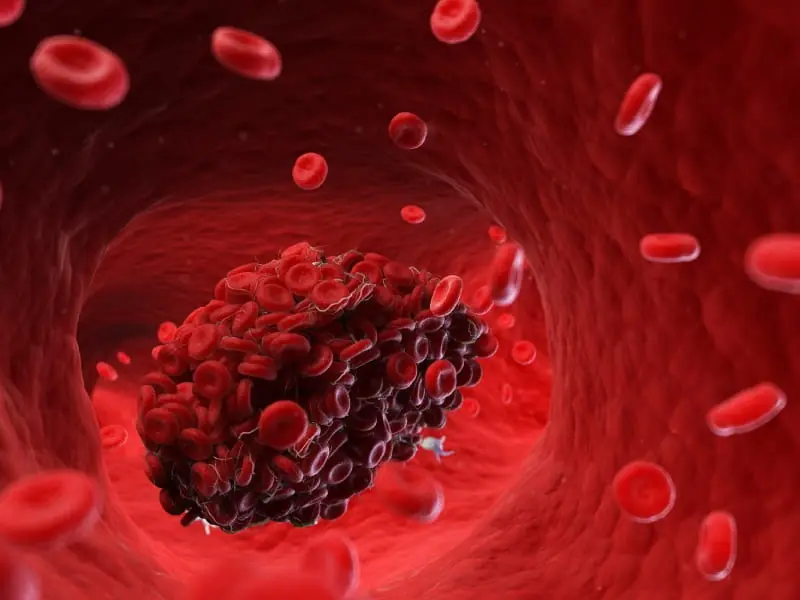
Cardiologists Say This Common Habit Is a Blood Clot Risk

‘Ghost Boy’ Wakes Up From Coma After Being Trapped For 12 Years—What He Heard the Whole Time Will Haunt You

What Staying Up Late Every Night Really Does to You—Massive 24,000 Person Study Reveals the Truth

Horrifying reality of what really happens to your body if you swallow too much gum

Red Spots on Skin: 13 Common Causes
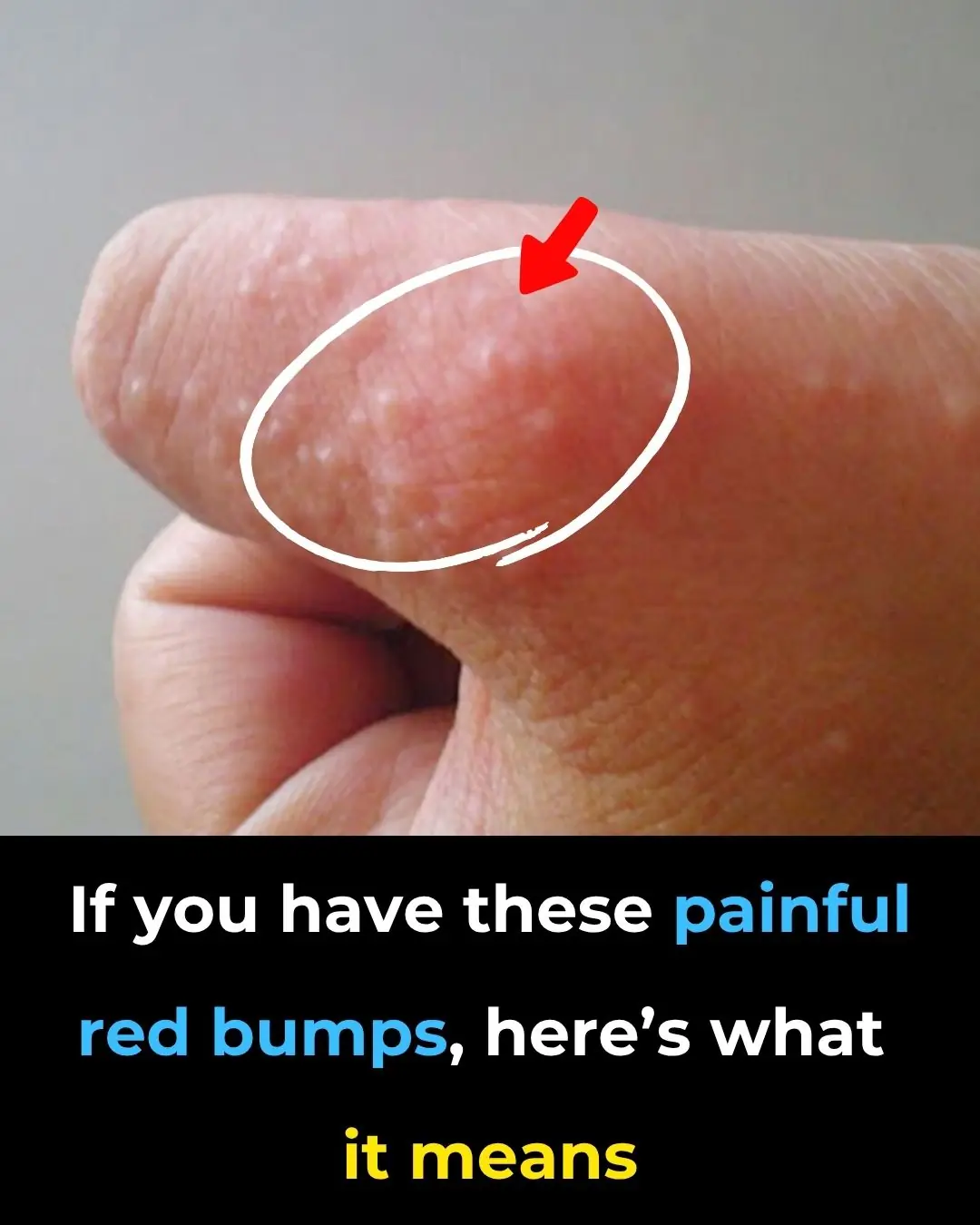
Painful Red Bumps on Skin? It Might Be Dyshidrotic Eczema

How to Remove Dental Plaque Naturally (Evidence Based)
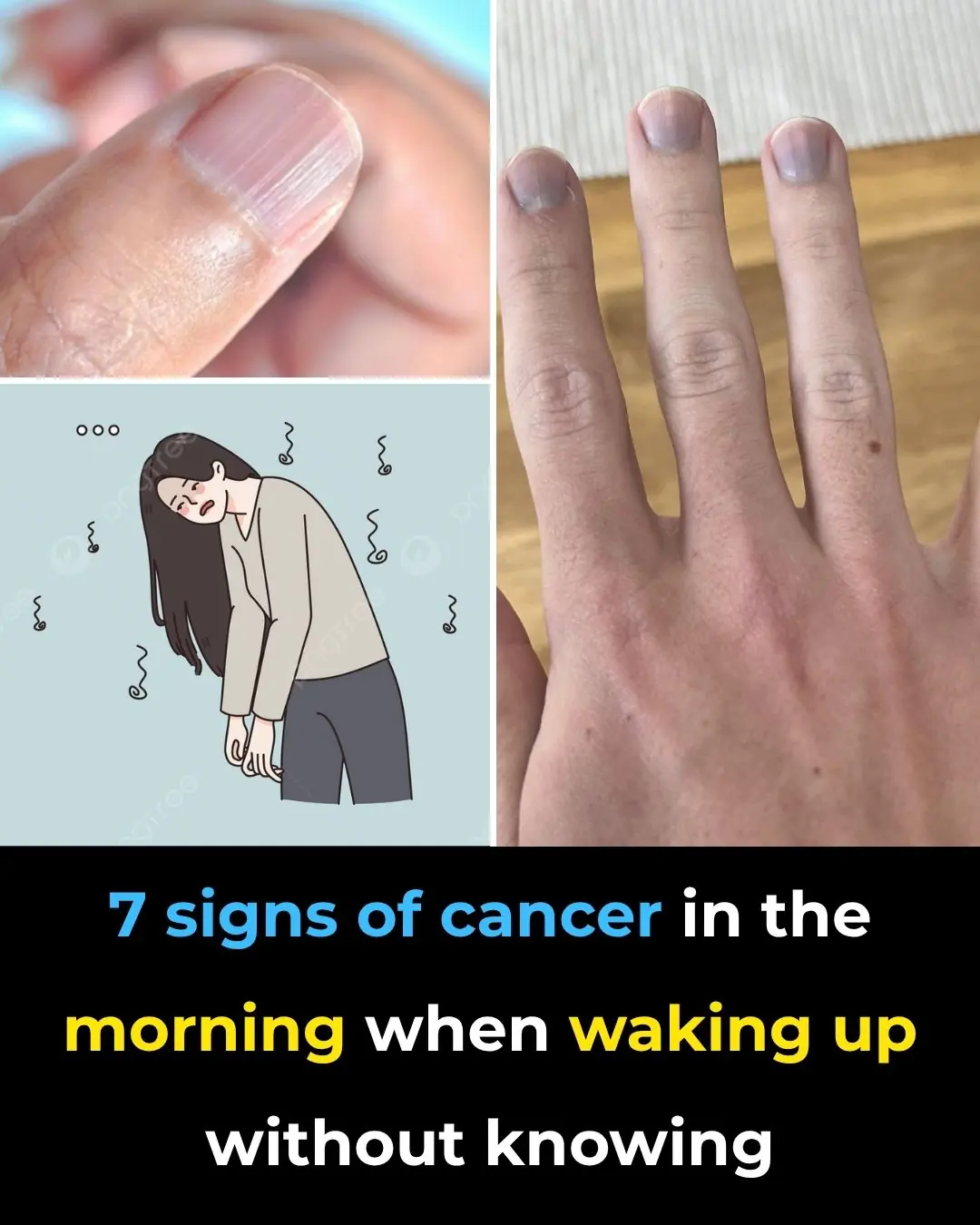
7 signs of cancer in the morning when waking up without knowing

Facing Your Phobias While Lucid Dreaming May Reduce Real-Life Fears, Scientists Say

Scientists Reveal: Fat Is Expelled Through Your Breath During Weight Loss. You Literally Breathe Out Fat

Scientists Have Found The ‘Off’ Switch For Anxiety Without Any Side Effects

How to Lower High Blood Pressure Quickly Without Medications (Evidence Based)

10 Surprising Benefits of Drinking Apple Cider Vinegar According to Science

Unlock Your Body's Healing Power: Just 9 Days of Less Sugar

Breakthrough male birth control pill just passed human safety testing

Medicinal Health Benefits of Garlic (Raw, Supplement) – Science Based
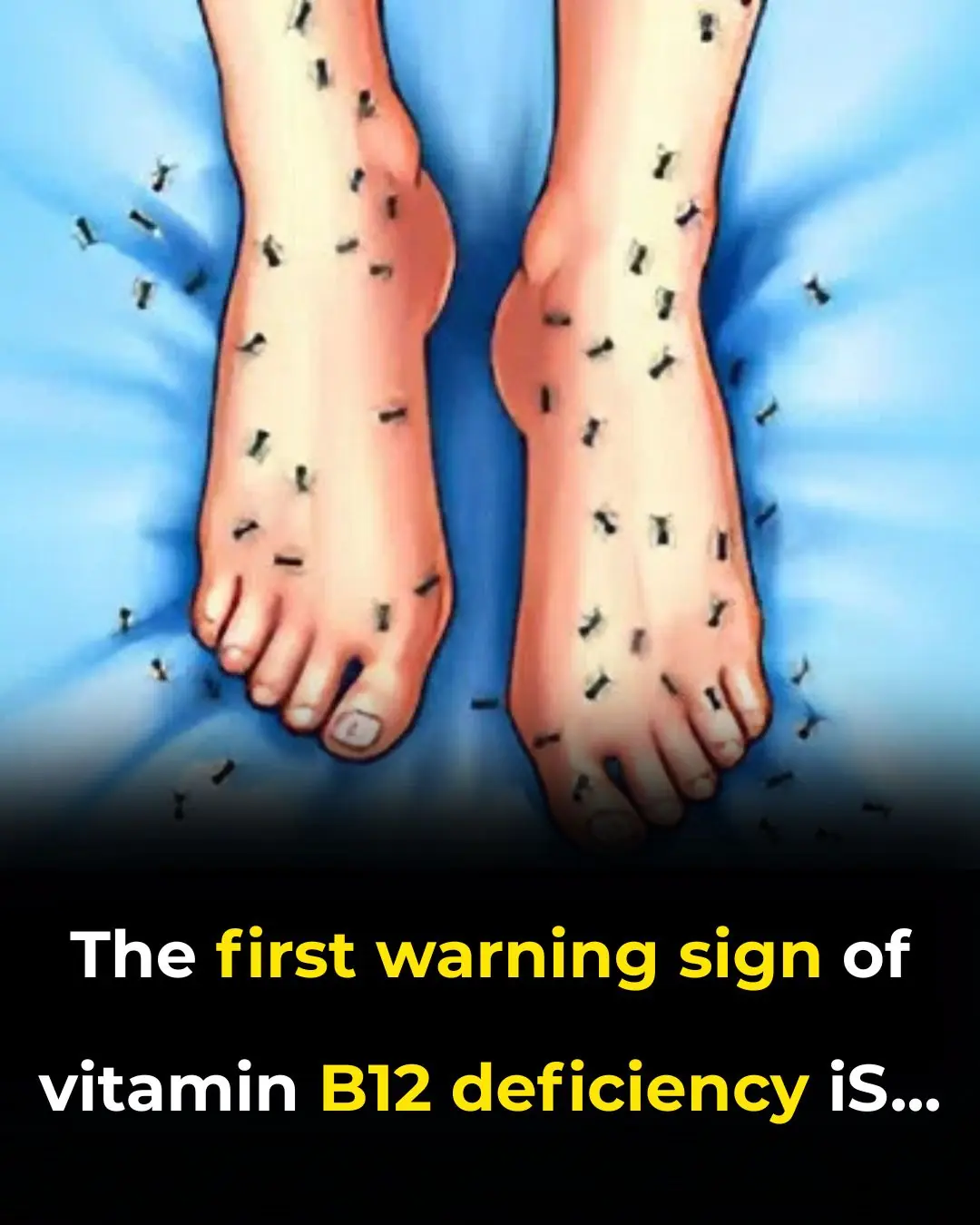
Warning Symptoms of Vitamin B12 Deficiency and How to Fix It
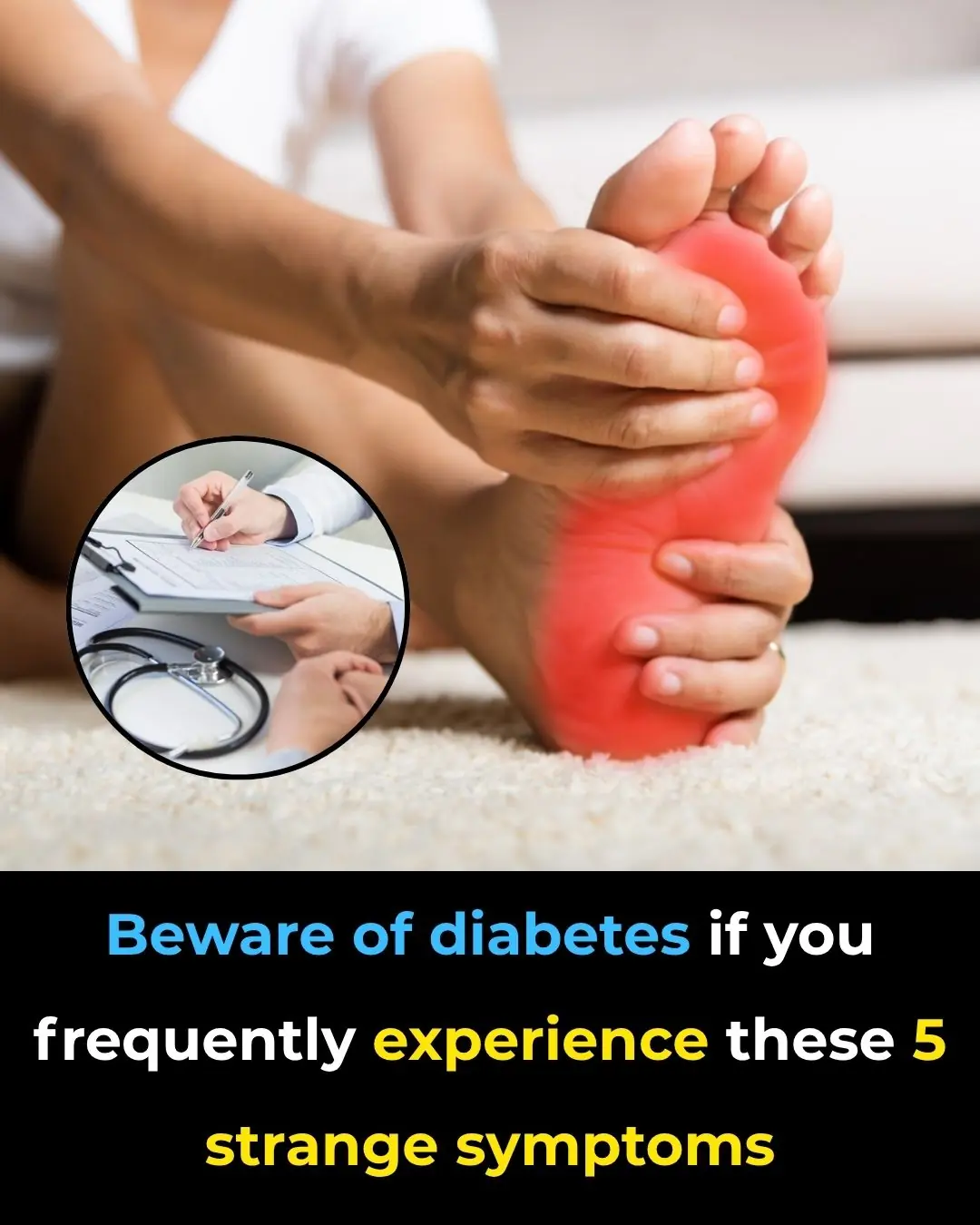
High Blood Sugar Warning Signs
News Post

Health Food & Nutrition Beauty Aromatherapy Animals

A Waitress Shamed My Grandma for Leaving 'Too Small' a Tip – I Made Her Regret It in the Most Unexpected Way

My MIL Secretly Made a Duplicate Key to Our House — What She Did There While We Were Away Stunned Me

I Found Out My Brother Was Secretly Transferring Money to My Wife – When I Figured Out Why, I Went Pale

I Saw a Lost Child in the Airport — What He Had in His Backpack Made Me Gasp

I Got a Text from My Husband’s Number Weeks after He Died & When I Traced It, the Truth Shattered Me — Story of the Day

Millionaire Dresses as a Bum and Visits His Company on an Undercover Mission — Story of the Day

Cardiologists Say This Common Habit Is a Blood Clot Risk

Denmark is fighting Al. It just gave citizens copyright to their own face, voice, and body.

‘Ghost Boy’ Wakes Up From Coma After Being Trapped For 12 Years—What He Heard the Whole Time Will Haunt You

Scientists Just Linked Autism to Neanderthal DNA Found in Modern Humans

What Staying Up Late Every Night Really Does to You—Massive 24,000 Person Study Reveals the Truth

Woman paralyzed for 20 years reveals shocking impact of Elon Musk's Neuralink brain chip

Horrifying reality of what really happens to your body if you swallow too much gum

Red Spots on Skin: 13 Common Causes

Painful Red Bumps on Skin? It Might Be Dyshidrotic Eczema

First-Class Passenger Made Fun of Her Appearance—He Regretted It Moments Later

Exhausted Mom and Her Baby Fall Asleep on CEO’s Shoulder Mid-Flight — What Happens When She Wakes Up Leaves Her Speechless

Fingerprints are supposed to be unique.
